Nori Canine Endocan-1 ELISA Kit
$508.00 – $916.00
This ELISA kit is for quantification of ESM1 in canine. This is a quick ELISA assay that reduces time to 50% compared to the conventional method, and the entire assay only takes 3 hours. This assay employs the quantitative sandwich enzyme immunoassay technique and uses biotin-streptavidin chemistry to improve the performance of the assays. An antibody specific for ESM1 has been pre-coated onto a microplate. Standards and samples are pipetted into the wells and any ESM1 present is bound by the immobilized antibody. After washing away any unbound substances, a detection antibody specific for ESM1 is added to the wells. Following wash to remove any unbound antibody reagent, a detection reagent is added. After intensive wash a substrate solution is added to the wells and color develops in proportion to the amount of ESM1 bound in the initial step. The color development is stopped, and the intensity of the color is measured.
Alternative names for endocan-1: Endothelial cell-specific molecule 1, ESM1, ESM-1
This product is for Laboratory Research Use Only not for diagnostic and therapeutic purposes or any other purposes.
- Description
- How Elisa Works
- Product Citation (0)
- Reviews (0)
Description
Nori Canine Endocan-1 ELISA Kit Summary
Alternative names for endocan-1: Endothelial cell-specific molecule 1, ESM1, ESM-1
Alternative names for canine: dog
| Assay Type | Solid Phase Sandwich ELISA |
| Format | 96-well Microplate or 96-Well Strip Microplate |
| Method of Detection | Colorimetric |
| Number of Targets Detected | 1 |
| Target Antiben Accession Number | A0A8C0LY83 |
| Assay Length | 3 hours |
| Quantitative/Semiquantitative | Quantitative |
| Sample Type | Plasma, Serum, Cell Culture, Urine, Cell/Tissue Lysates, Synovial Fluid, BAL, |
| Recommended Sample Dilution (Plasma/Serum) | No dilution for sample <ULOQ; sufficient dilution for samples >ULOQ |
| Sensitivity | 5 pg/mL |
| Detection Range | 25-1600 pg/mL |
| Specificity | Canine ESM1 |
| Cross-Reactivity | < 0.5% cross-reactivity observed with available related molecules, < 50% cross-species reactivity observed with species tested. |
| Interference | No significant interference observed with available related molecules |
| Storage/Stability | 4 ºC for up to 6 months |
| Usage | For Laboratory Research Use Only. Not for diagnostic or therapeutic use. |
| Additional Notes | The kit allows for use in multiple experiments. |
Standard Curve
Kit Components
1. Pre-coated 96-well Microplate
2. Biotinylated Detection Antibody
3. Streptavidin-HRP Conjugate
4. Lyophilized Standards
5. TMB One-Step Substrate
6. Stop Solution
7. 20 x PBS
8. Assay Buffer
Other Materials Required but not Provided:
1. Microplate Reader capable of measuring absorption at 450 nm
2. Log-log graph paper or computer and software for ELISA data analysis
3. Precision pipettes (1-1000 µl)
4. Multi-channel pipettes (300 µl)
5. Distilled or deionized water
Protocol Outline
1. Prepare all reagents, samples and standards as instructed in the datasheet.
2. Add 100 µl of Standard or samples to each well and incubate 1 h at RT.
3. Add 100 µl of Working Detection Antibody to each well and incubate 1 h at RT.
4. Add 100 µl of Working Streptavidin-HRP to each well and incubate 20 min at RT.
5. Add 100 µl of Substrate to each well and incubate 5-30 min at RT.
6. Add 50 µl of Stop Solution to each well and read at 450 nm immediately.
Background:
Endothelial cell-specific molecule 1 is a protein that in Canines is encoded by the ESM1 gene.[1] This protein is mainly expressed in the endothelial cells in Canine lung and kidney tissues and is regulated by cytokines, suggesting that it may play a role in endothelium-dependent pathological disorders. The ESM-1 gene product is also called endocan since 2001, when it was characterized as a dermatan sulfate proteoglycan by Bechard et al. Recently, endocan / ESM-1 has been described as a specific biomarker of tip cells during neoangiogenesis by independent teams. Endocan expression has been shown to be increase in presence of pro-angiogenic growth factors such as VEGF or FGF-2. In hypervascularized cancers, overexpression of endocan has been detected by immunohistochemistry using monoclonal antibodies against endocan / ESM-1. Circulating P-selectin levels were closely associated with endocan levels in obese children and adolescents with non-alcoholic fatty liver disease.[2] Inhibition of endocan attenuates monocrotaline-induced connective tissue disease related pulmonary arterial hypertension.[3] Subclinical hypothyroidism is associated with increased levels of serum endocan, dimethylarginine, and TGF-beta, which are new markers for endothelial dysfunction.[4] Endocan reduces the malign grade of gastric cancer cells by regulating associated protein expression.[5] Canine endothelial-cell specific molecule-1 binds directly to the integrin CD11a/CD18 (LFA-1) and blocks binding to intercellular adhesion molecule-1.[6]
References
- Lassalle P, et al. (1996). J Biol Chem. 271 (34): 20458–64.
- Ustyol A, et al. (2017) Scand. J. Clin. Lab. Invest. 77 (3), 205-209.
- Zhao H, et al. (2017) Int. Immunopharmacol. 42, 115-121.
- Arpaci D,et al. (2016) Ann. Clin. Lab. Sci. 46 (6), 601-607.
- Sumei Z,et al. (2016) Tumour Biol. 37 (11), 14915-14921.
- Bechard D,et al.(2001) J. Immunol. 167 (6), 3099-3106.
Be the first to review “Nori Canine Endocan-1 ELISA Kit”
You must be logged in to post a review.
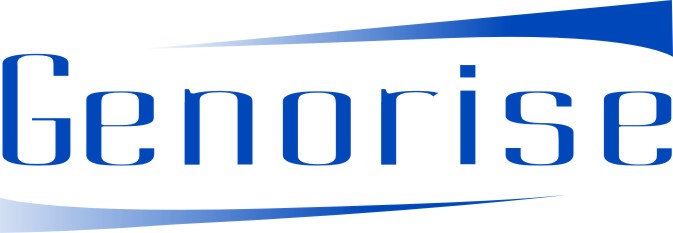






















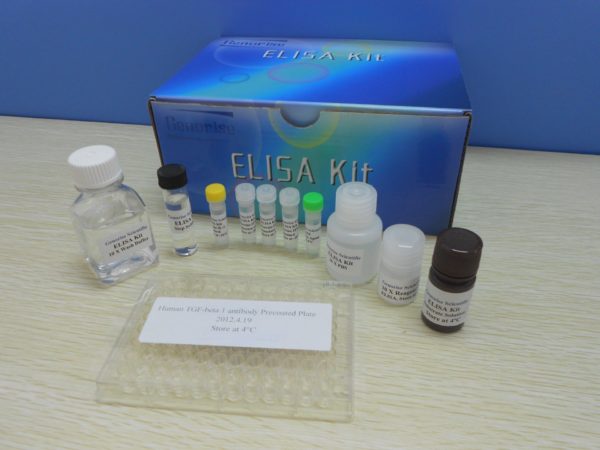
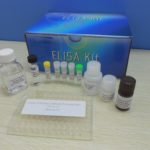

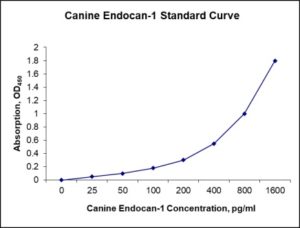
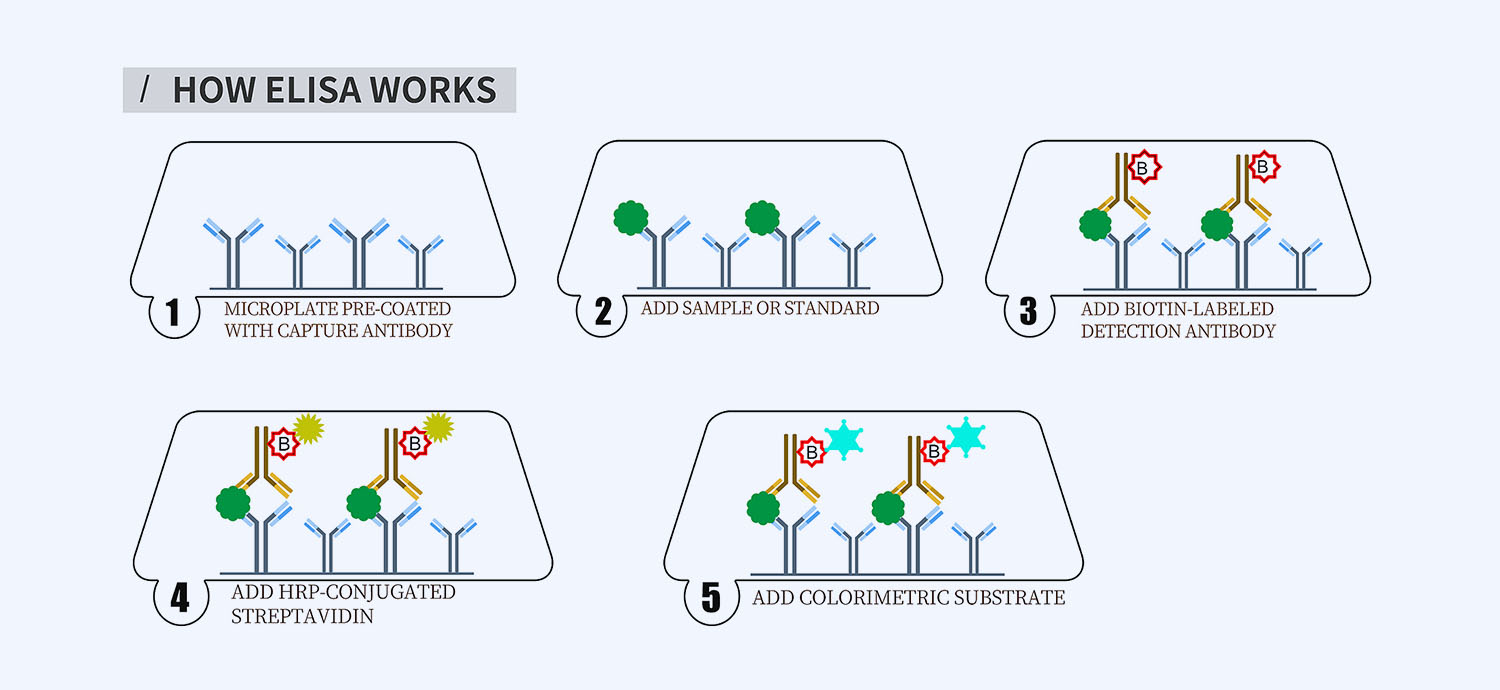
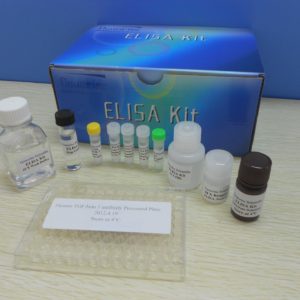
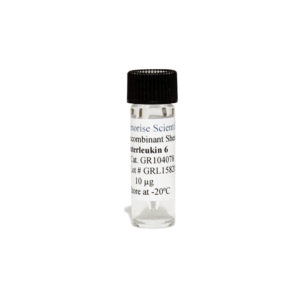
Reviews
There are no reviews yet.